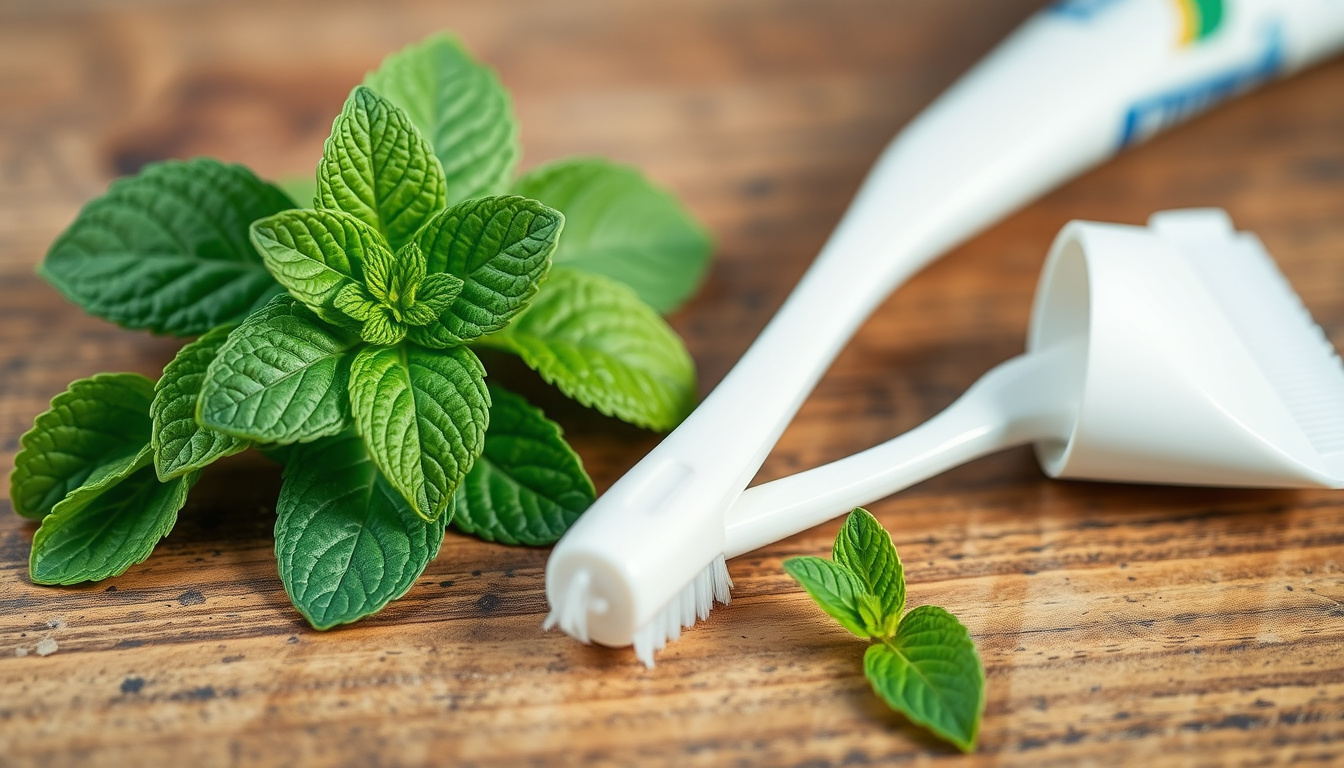Tooth sensitivity is common. It hurts when your teeth meet hot, cold, sweet, or sour foods and drinks. You need to find relief to keep your daily life smooth and to enjoy meals without pain. This article shares tested ways and simple tips to help you get lasting relief and care for your mouth.
Understanding Tooth Sensitivity
Tooth sensitivity happens when the hard shell of your teeth wears out or when your gums move back and let the soft layer show. This soft layer holds tiny tubes that send signals to nerves. When these tubes face too much air or foods, they ring with pain.
The main causes of tooth sensitivity are:
- Tooth shell worn by sour foods or rough brushing
- Gums that pull away to show the tooth root
- Holes in a tooth
- Cracks or chips in a tooth
- Fillings that have worn out
- Recent work at the dentist (such as lightening or repairs)
Seeing these causes can help you act to stop more pain and find relief.
Tested Tips for Tooth Sensitivity Relief
There are many ways to quiet sensitivity and bring you a steadier ease. Here are some simple tips that dentists often share:
1. Use a Special Toothpaste
Pick a toothpaste made for sensitive teeth. These toothpastes hold substances like potassium nitrate or strontium chloride. They block pain signals that travel from the tooth to the nerve. It may take a few weeks of use to feel the change.
2. Keep Your Teeth Clean Gently
Hard brushing with a firm brush can hurt your teeth. Use a soft brush and move it in small, round motions. Brush with care. Also, floss each day to keep your gums strong and to protect your roots.
3. Stay Away from Sour Foods and Drinks
Sour and fizzy items, like citrus, soda, and wine, can wear down your tooth’s shell. Try to cut these out or eat them with food. Drinking water after these meals can help protect your teeth.

4. Try Fluoride Treatments
Fluoride helps make the tooth shell stronger. Ask your dentist about treatments that put fluoride on your teeth. You may also use fluoride rinses at home.
5. Use a Mouthguard if You Clench Your Teeth
Grinding your teeth at night can wear them down and cause pain. A mouthguard made just for you helps keep your teeth safe while you sleep.
Changes in Your Life to Help Tooth Sensitivity Relief
Simple daily changes can help manage sensitivity.
Drink More Water
Water helps make saliva. Saliva works to smooth out the acids that can hurt your teeth.
Hold Off on Teeth Lightening Items
Many whitening products can make your teeth hurt more. If your teeth are sensitive, ask your dentist before starting any lightening treatment.
Keep Stress Low
Stress may lead to teeth clenching and other habits that hurt your mouth’s health. Try calm walks, exercise, or rest to keep stress low and let your mouth heal.
When to Visit Your Dentist
If home care does not stop the pain or if it gets worse, visit your dentist. Ongoing sensitivity can mean other problems like cavities, gum issues, or small cracks that need care.
Your dentist may try:
- Sealants or bonding to cover tough spots
- A nerve treatment if the nerve feels hurt
- Gum work if there is an infection
Seeing a dentist can help fix the cause and bring lasting relief.
Quick Tooth Sensitivity Relief Checklist
Here is a list to help you care for sensitive teeth:
- Buy a toothpaste made for sensitive teeth.
- Brush with care using a soft brush twice a day.
- Floss daily for strong gums.
- Cut down on sour and sugary foods.
- Rinse with water after sour meals.
- Use fluoride rinses or get a fluoride treatment from your dentist.
- Wear a nightguard if you clench your teeth.
- Drink plenty of water and skip teeth lightening without checking with your dentist.
- Visit your dentist for checkups.
These steps can help you get a steady and lasting ease from tooth sensitivity.
Frequently Asked Questions About Tooth Sensitivity Relief
Q1: How long does it take for the special toothpaste to work?
A1: It may take 2 to 4 weeks of use to see a change. Keep using it every day.
Q2: Can tooth sensitivity go away on its own?
A2: Simple cases may slow down with good care and the right food choices. If the problem is bigger, you might need work from your dentist.
Q3: Is tooth sensitivity the same as tooth pain?
A3: Sensitivity is a short, sharp pain when you touch the tooth with heat, cold, or sweets. Tooth pain can last longer and come from infections or deeper problems. Both need a checkup by a dentist.
Authoritative Source
The American Dental Association says that using a special toothpaste and careful brushing actions are strong steps to manage sensitivity (source).
Conclusion: Start Your Path to Tooth Sensitivity Relief Today
Tooth sensitivity does not have to rule your day or keep you from enjoying food. With tips like the right toothpaste, gentle care, and smart changes in your life, you can find steady relief. Visit your dentist often to catch any harm early.
Take care of your mouth and find a life filled with easy smiles. For advice made just for you, set up a chat with your dentist. Your teeth deserve the best care for a life free of pain.




